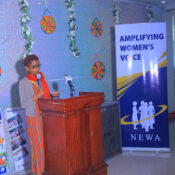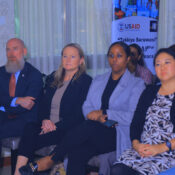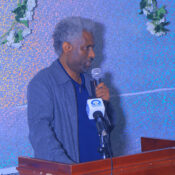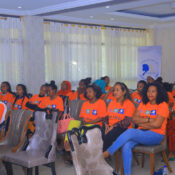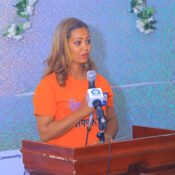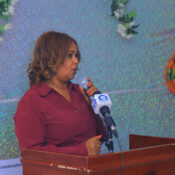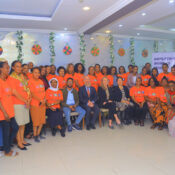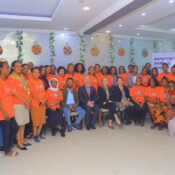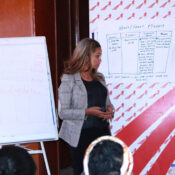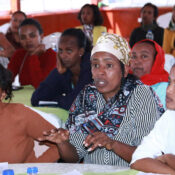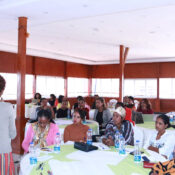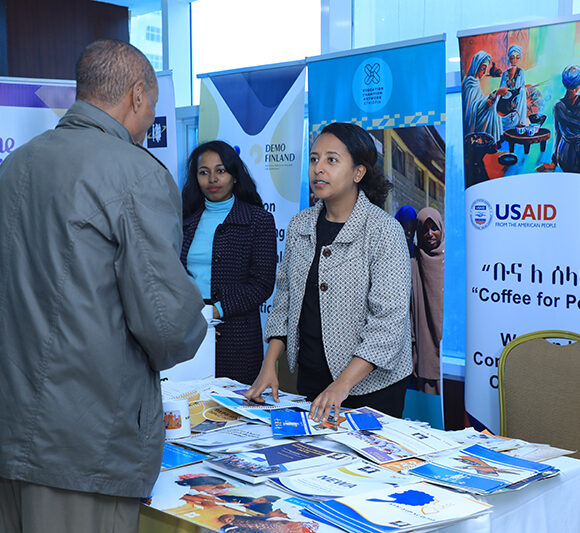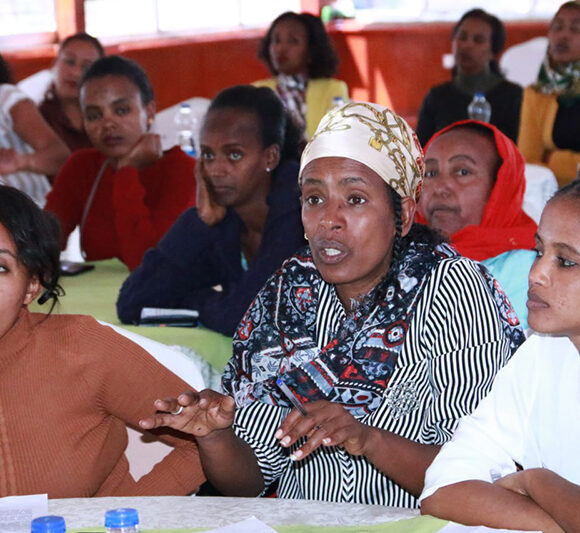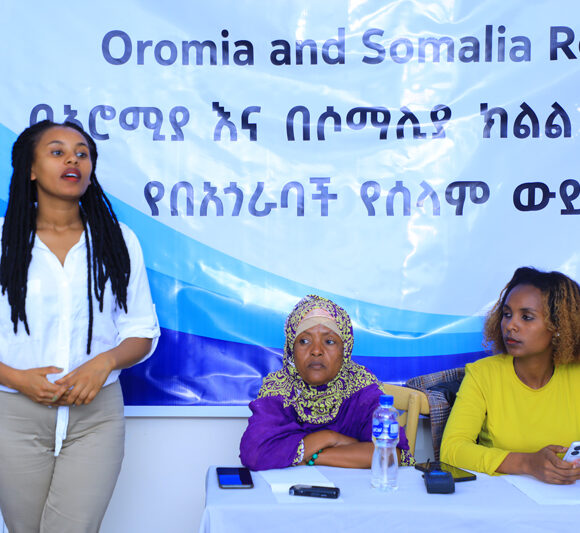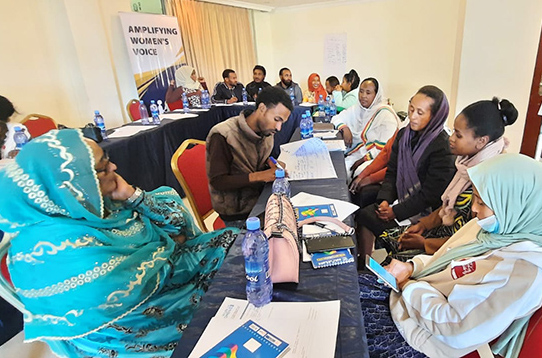USAID/OTI
Tigray region Mekelle
February 2022 – December 2023

In the aftermath of the Tigray conflict, which erupted in November 2020, women and girls have borne the brunt of this trauma, suffering disproportionately from the violence and displacement it has wrought. The pervasiveness of sexual and gender-based violence (SGBV) has shattered their lives, leaving them with deep psychological wounds and compounding the hardships they already face.
To effectively address the aftermath of conflict and pave the way for sustainable peace, it is imperative to prioritize the recovery of women and girls. Their active participation in the peace-building process and their ability to raise their voices against SGBV hinge on their ability to heal from the trauma they have endured.
Prioritizing women’s recovery is not merely a humanitarian imperative; it is a strategic necessity for fostering sustainable peace. When women are empowered to heal and rebuild their lives, they become catalysts for positive change, advocating for the rights of their communities and contributing to the restoration of stability and harmony.
The exclusion of Tigrayan women from the Ethiopian women’s peacebuilders during the conflict highlights the urgent need for trauma-informed interventions before their engagement in peacebuilding initiatives. Before bringing women from the Tigray region to the “Ethiopian Women’s Peace Builders”, it is crucial to provide training and establish a platform for them to share their experiences and embark on a healing journey. Psychotherapy, or talk therapy, provides a safe space for them to process their trauma and work towards recovery. Additionally, training on peacebuilding and conflict resolution empowers them to actively contribute to peacebuilding efforts.” To achieve that as part of the 16 days of activism, NEWA and MUMS TO MUMS implemented a project called “Activism against Gender-Based Violence” in the Tigray region. The project achieved trauma debriefing sessions, experience sharing and photo exhibition, peacebuilding training, and the joining of Tigray women in two women peacebuilders. A total of 43 participants attended the trauma healing sessions and 23 participants attended the peace-building training. The purpose of this session is to help participants overcome the effects of the trauma they have experienced and provide them with coping skills to aid them in their peace work. The project successfully shed light on the issues facing the Tigray region, potentially leading to greater support and intervention. The program’s activities laid the groundwork for future peacebuilding and trauma healing interventions, creating a pathway toward sustained recovery.

